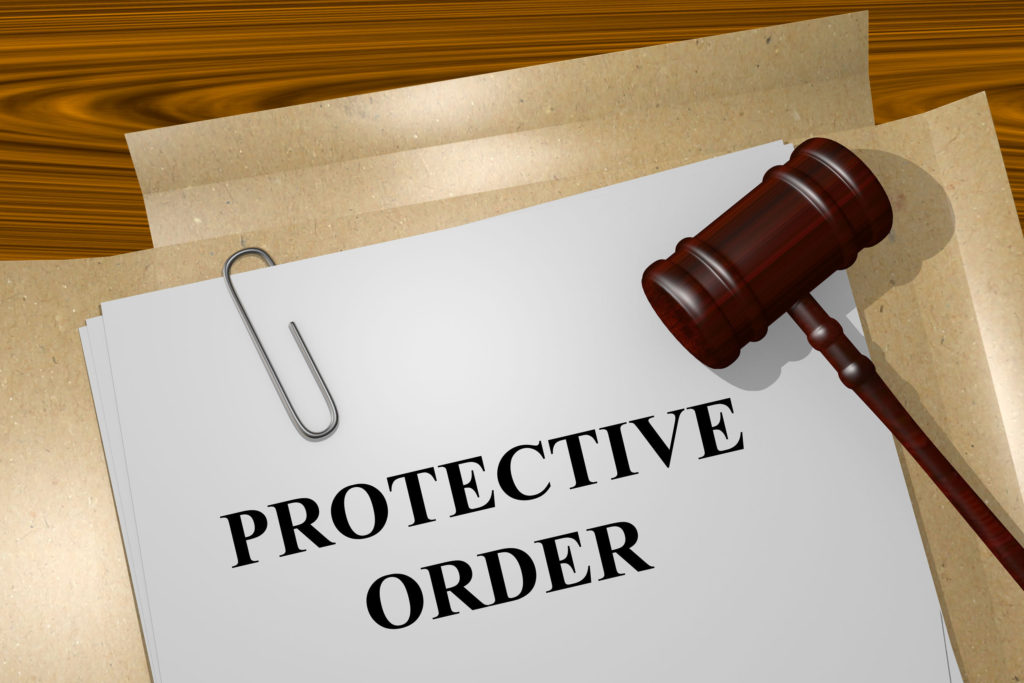
Understanding how long a protective order is good for can be crucial to safety. In Oklahoma, protective orders—also known as restraining orders—serve as a critical legal tool for individuals seeking to protect themselves from domestic abuse. These orders can provide a sense of security and necessary legal boundaries to safeguard victims.
Types of Protective Orders in Oklahoma
Oklahoma law provides several types of protective orders depending on the nature of the threat and the relationship between the parties involved. The three primary types are:
Emergency Protective Orders (EPOs): Issued by law enforcement officers without a court hearing, typically lasting up to 14 days. They provide immediate, short-term protection.
Temporary Protective Orders (TPOs): Granted by a judge following an initial court hearing, usually lasting up to 30 days. A TPO is a step toward obtaining a more long-term solution.
Final Protective Orders (FPOs): Issued after a full court hearing where both parties can present evidence. An FPO can remain in effect for a longer period, up to 5 years, or potentially longer under certain conditions.
A protective order is enforceable by law enforcement, and violations can result in serious legal consequences for the abuser. Victims should report any breaches of the order to the police immediately. Violations may result in criminal charges, including arrest and potential imprisonment.
Extension and Modification of Protective Orders
If a victim of domestic abuse feels they need additional protection beyond the initial term of a Final Protective Order, they may request an extension. The victim must file a motion with the court prior to the FPO’s expiration, detailing why an extension is necessary. A hearing may be scheduled where both the petitioner (the person seeking the extension) and the respondent (the abuser) can present evidence. The judge will then decide whether to extend the order based on the evidence of ongoing danger or threats.
In some cases, the petitioner may wish to dismiss a protective order later on. While this is possible, it requires certain conditions to be met. One of the common situations where a petitioner dismisses a protective order is when it comes to child custody cases.
Tulsa Protective Order Attorneys
Protective orders in Oklahoma play a vital role in shielding victims from domestic abuse and ensuring their safety. Understanding the duration of these orders—whether Emergency, Temporary, or Final—and the process for extending or modifying them is essential for those affected. If you need help with a protection order, contact our team at Tulsa Divorce Attorneys & Associates by calling 539-302-0303 or go online to learn more.
